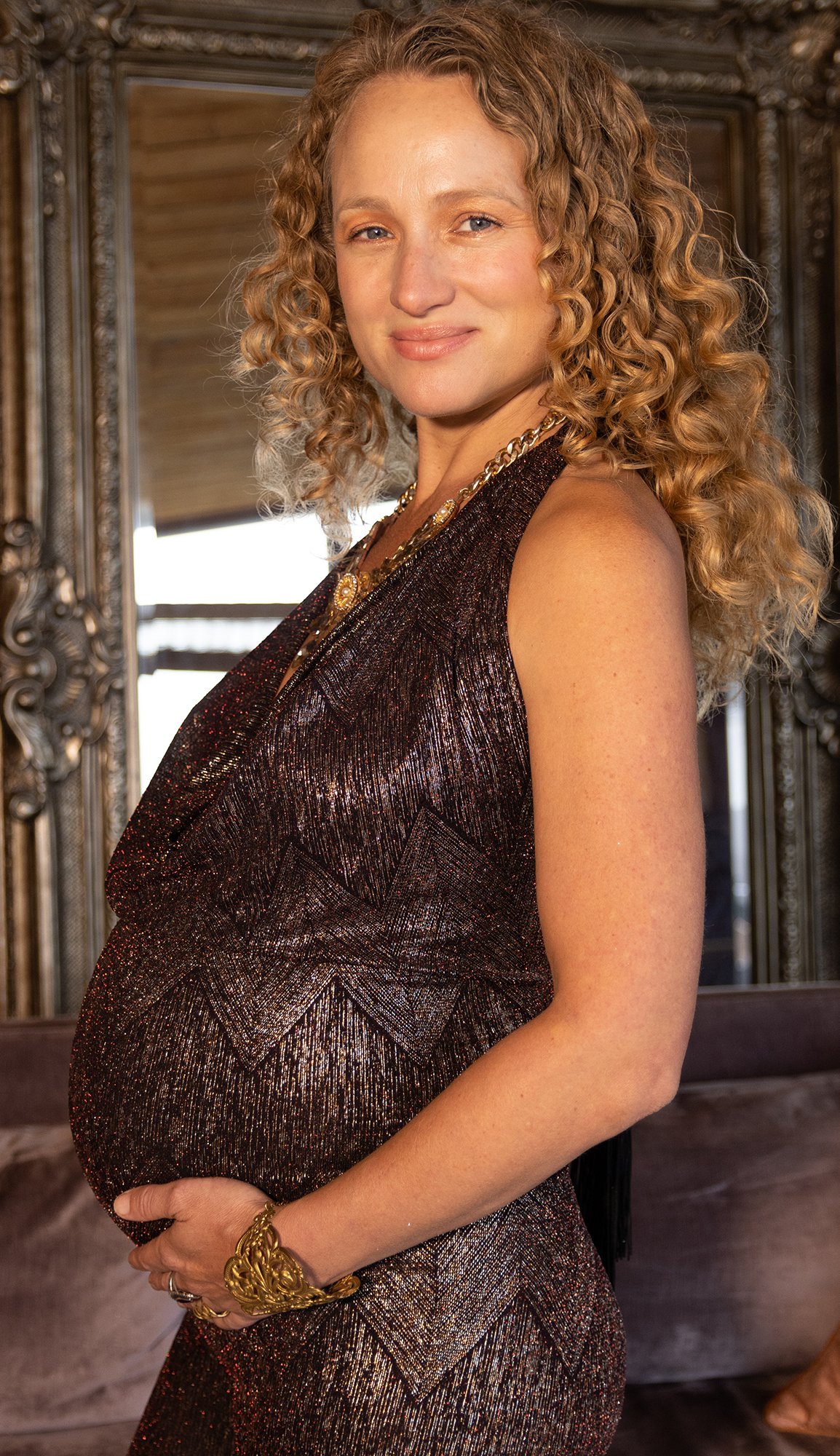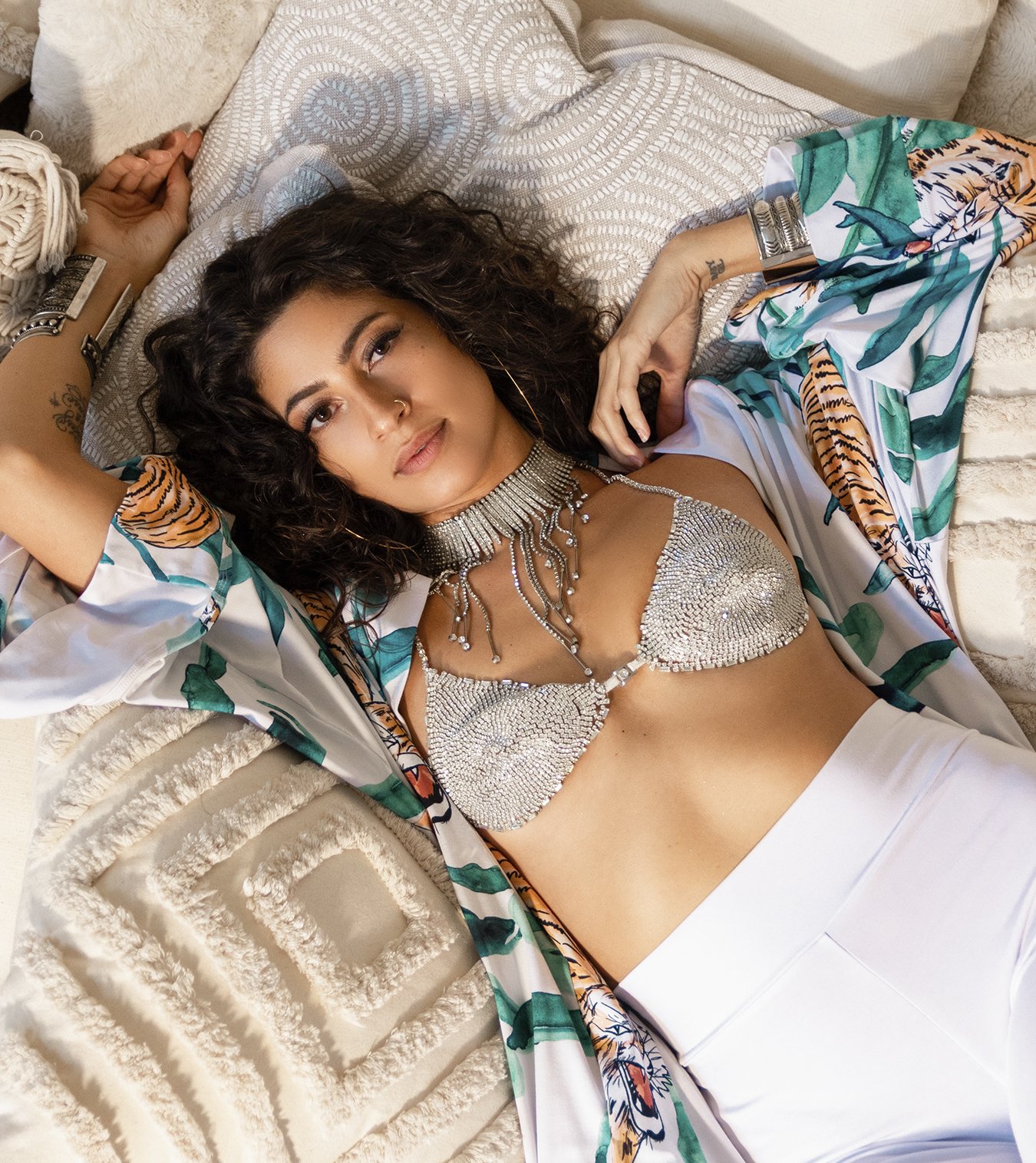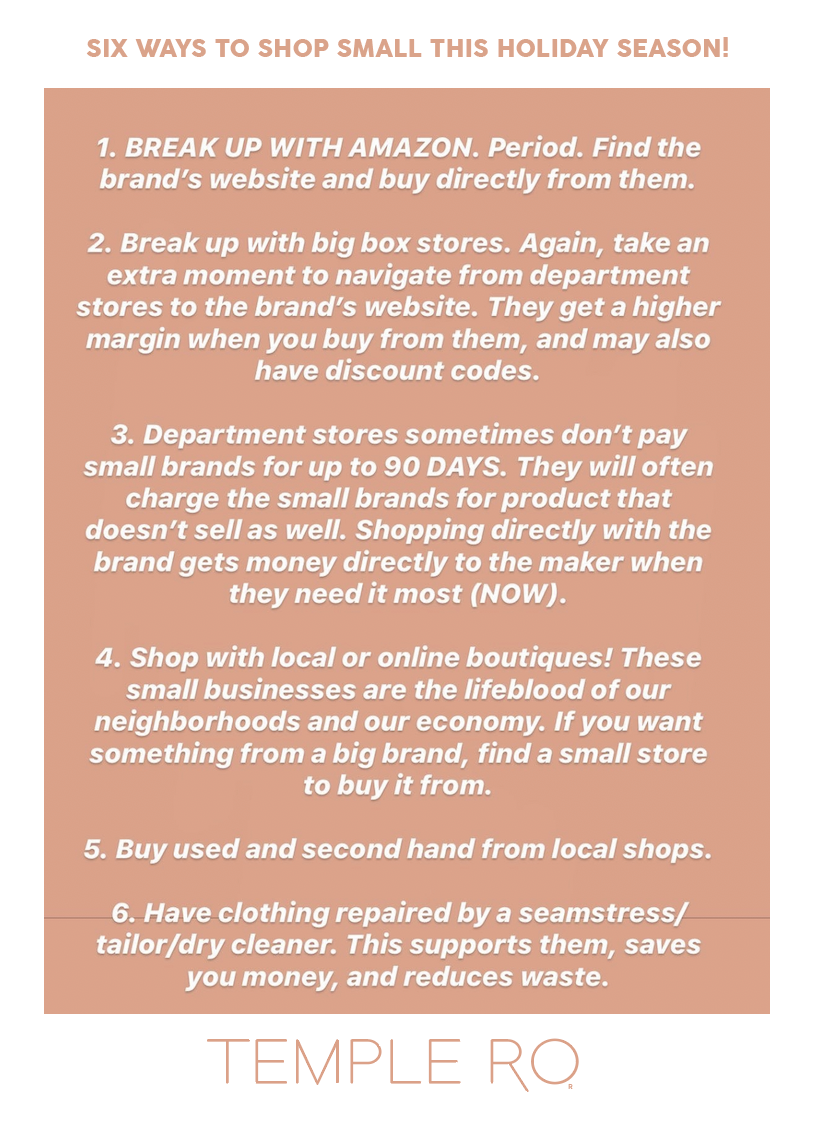The fashion industry plays a significant role in our lives. Like it or not, we all have to wear clothing for most of our waking lives, so it’s essential to consider the environmental and social impacts of our clothing choices. Embracing ethical fashion allows us to make a positive difference while still expressing our personal style. In this blog post, we will explore the concept of ethical fashion and provide valuable insights into making conscious clothing choices. Join us on this journey towards a more sustainable and responsible wardrobe.
1. Understanding Ethical Fashion:
Ethical fashion prioritizes the well-being of people, animals, and the planet. It involves transparency in the supply chain, fair wages for workers, animal welfare, sustainable materials, and more. By embracing ethical fashion, we support a more equitable and environmentally friendly industry.
2. Sustainable Materials:
When searching for ethically-made clothing, prioritize garments made from sustainable materials. Organic cotton, hemp, modal and tencel, and deadstock fabrics are more sustainable choices that reduce the environmental impact of fashion production. These materials are typically grown or manufactured using eco-friendly practices, minimizing the use of harmful chemicals and reducing waste. (We’ll get into this in detail in another post!)
3. Fair Trade and Workers' Rights:
Ensuring fair wages and safe working conditions for garment workers is the most crucial aspect of ethical fashion. Look for brands that adhere to fair trade principles and prioritize workers' rights. This ensures that the people involved in producing our clothes are treated with respect and dignity, receiving fair compensation for their labor. Ethics-washing runs rampant in the fashion industry, especially in overseas manufacturers but also here in the USA. Ask your favorite brands where they manufacture, if they can visit their factories unannounced, and if the workers are paid hourly or by the piece. (Piece work is often highly exploitative, paying the workers a small price per unit created rather than a flat rate. In these cases, workers often have to skip breaks and meals to produce enough units to receive a fair wage.)
4. Animal Welfare:
Ethical fashion extends beyond human rights to include animal welfare. Opt for clothing made from cruelty-free materials, avoiding products derived from animals. Look for alternatives to fur, leather, and exotic animal skins, such as faux leather or plant-based alternatives.
5. Slow Fashion:
Embrace the concept of slow fashion, which promotes quality over quantity. By investing in well-made, timeless pieces, we reduce the demand for fast fashion and its negative impact on the environment.
6. Recycling and Upcycling:
Extend the lifespan of your clothing by recycling or upcycling garments. Get creative and repurpose old clothing into new, stylish pieces. If you don’t have access to a sewing machine, find a seamstress, tailor, or dry cleaner that can fit or restyle clothing that’s already in your closet. These practices help reduce textile waste and conserve resources.
7. Supporting Ethical Brands:
When shopping for clothing, research and support brands that prioritize ethical practices. Look for certifications like Fair Trade, GOTS (Global Organic Textile Standard), and PETA-approved vegan labels. These certifications assure consumers that the brand meets specific ethical standards. There are no ethical fast fashion brands, no matter how they try to spin it brands like Shein, H&M, and Zara (to name a few) produce in factories where workers have no right or protections.
Embracing ethical fashion is a powerful way to contribute to a more sustainable and equitable world. By making conscious clothing choices, we can reduce the fashion industry's negative impact on the environment, support fair labor practices, and protect animal welfare. Choose quality over quantity, support ethical brands, and embrace a more mindful approach to fashion. Together, we can create a brighter future for both fashion and the planet.



















